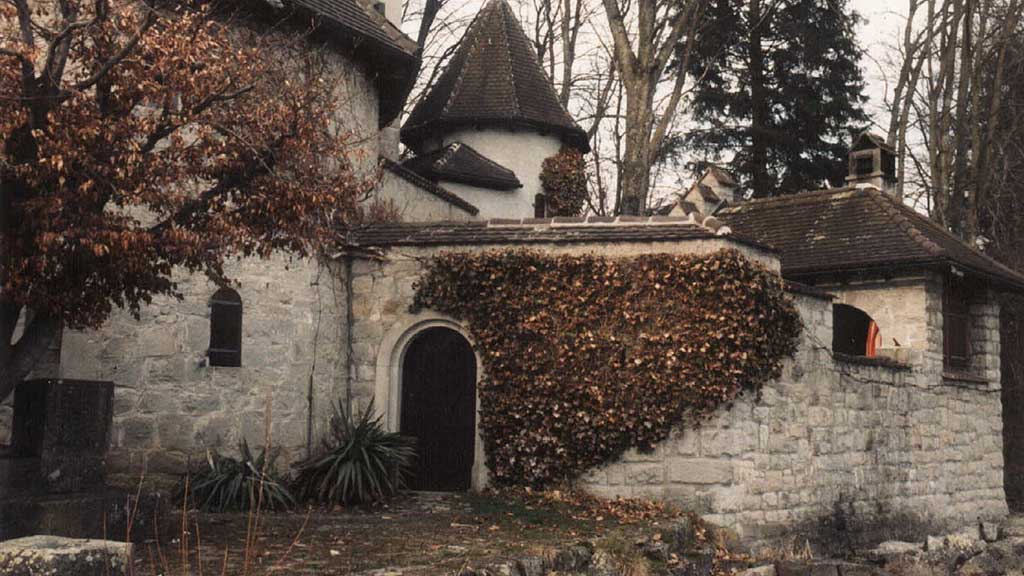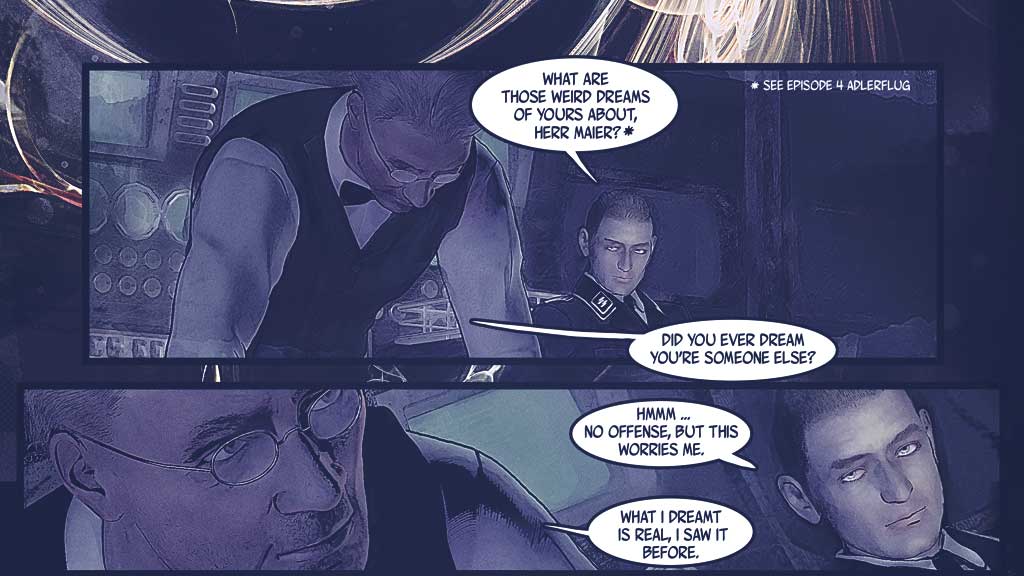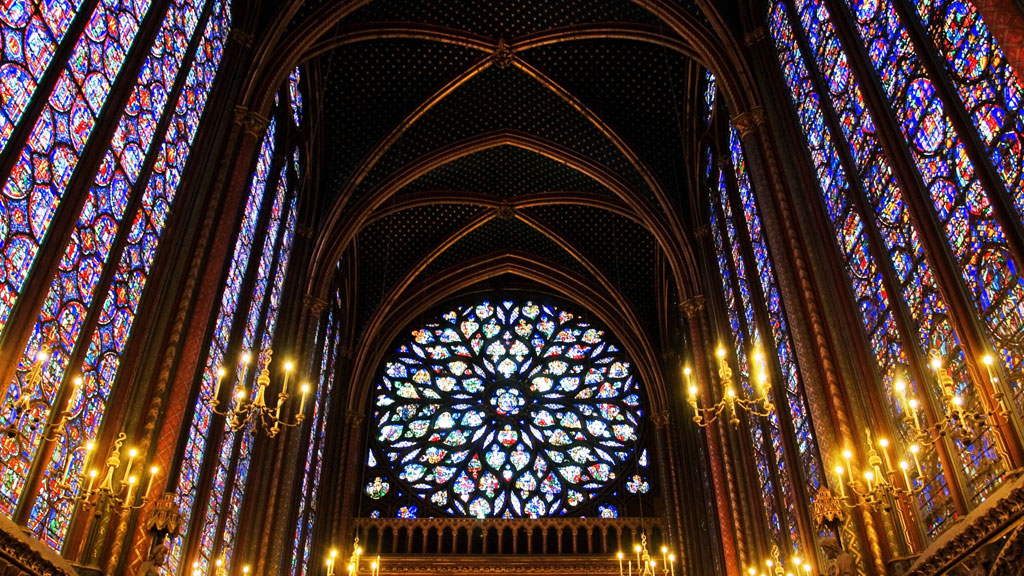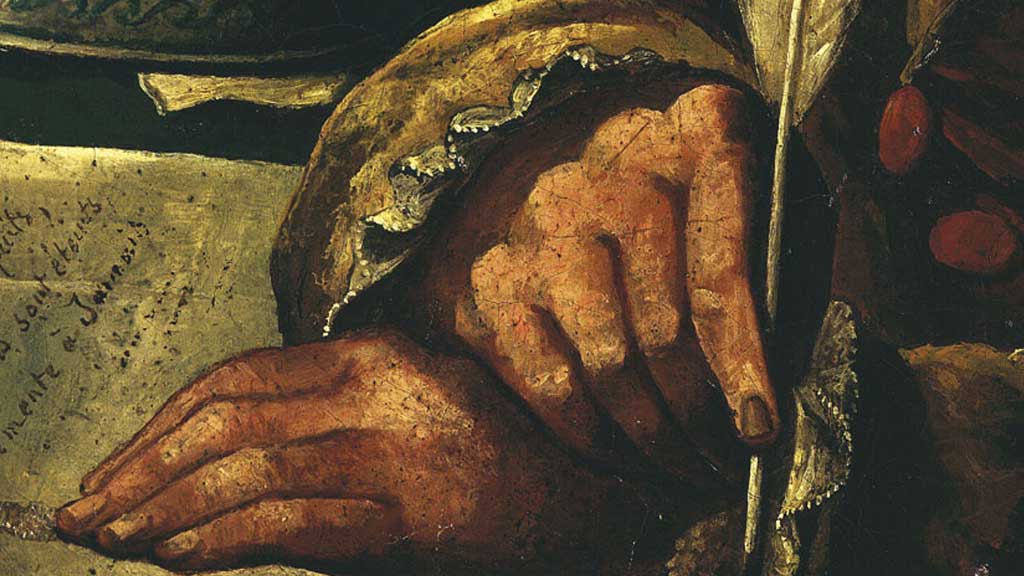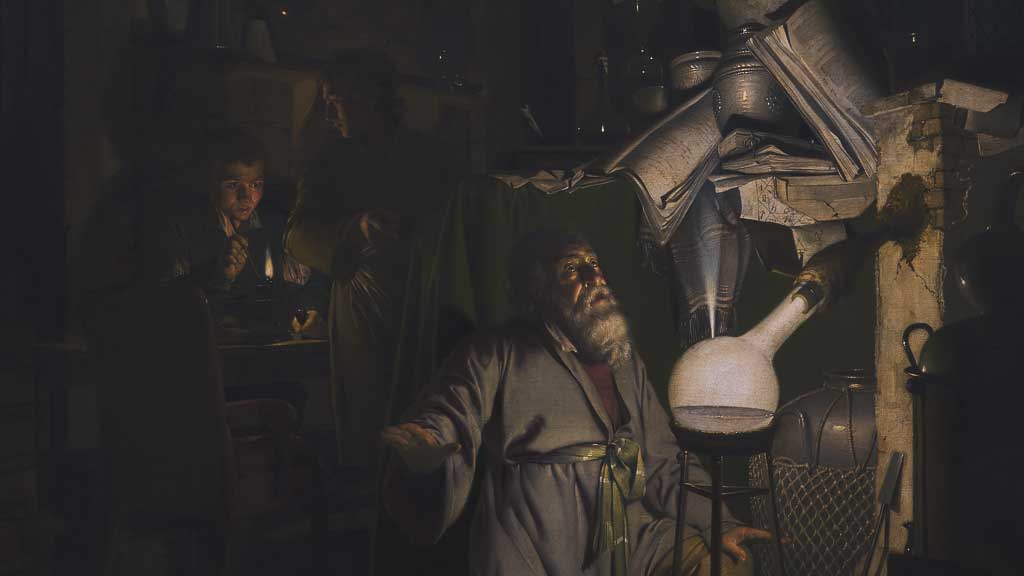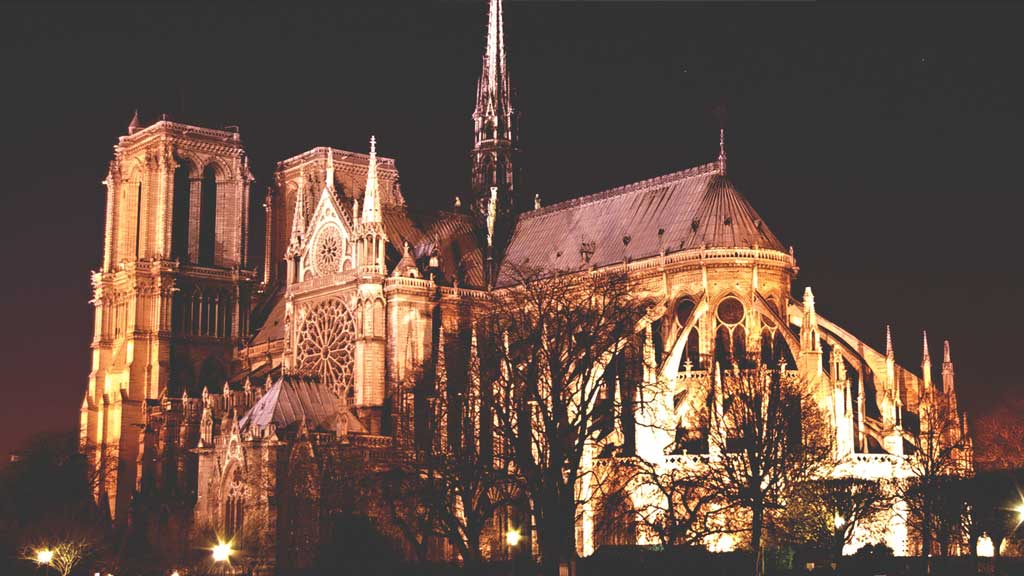The Stone is everywhere to be found, but nowhere seen. The Stone is also within … Mention of the philosopher’s stone in writing can be found as far back as Cheirokmeta by Zosimos of Panopolis (c. 300 AD). Alchemical writers assign a longer history. Elias Ashmole and the anonymous author of Gloria Mundi (1620) claim that its history goes back to Adam who acquired the knowledge of the stone directly from the biblical God. This...
The destruction of the worldwide economic order in the wake of World War II encouraged world leaders in 1944 to form a meeting to generate alternatives. This conference, referred to as Bretton Woods, resulted in the development of a new global fixed exchange rate regime with the U.S. dollar playing a central role. Under the Bretton Woods system, an ounce of gold could be bought at a fixed international rate of $35 per ounce (+/-...
In the Tower at Bollingen it is as if one lived many centuries simultaneously. The place will outlive me, and in its location and style it points backward to things of long ago. There is very little about it to suggest the present. If a man of the sixteenth century were to move into the house, only the kerosene lamp and the matches would be new to him; otherwise, he would know his way about...
When following Otto Maier’s path one will meet somewhere on his/her road, Böhme. Like the contemporary student of the inner world, alchemists were concerned about differentiating imagination from fantasy. They were aware that true imagination possesses a power and depth that fantasy does not possess. Jakob Boehme was one of those who warned against the delusions of fantasy. Struggle for redemption Böhme was a mystic. Although not a practicing alchemist, he used the terminology and symbols...
The secret teachings of Goethe. That Johann Wolfgang von Goethe (1749-1832), Germany’s greatest poet, had an interest in the occult and alchemy is clear from Faust. Based on an historical character, the original Faust legend goes back to medieval times and prior to Goethe‘s there were earlier dramatic renditions of the tale, notably Christopher Marlowe’s. Yet it is to Goethe’s Faust (Part I 1808; Part II 1833) that most of us turn when we think...
In physics, we speak of energy and its various manifestations, such as electricity, light, heat, etc. The situation in psychology is precisely the same. Here, too, we are dealing primarily with energy . . . with measures of intensity, with greater or lesser quantities. It can appear in various guises. . . . As I worked with my fantasies, I became aware that the unconscious undergoes or produces change. Only after I had familiarized myself...
Wagner’s mythic medievalism and Teutonic underworldliness was shared by the English Pre-Raphaelite Brotherhood’s embrace of William Blake’s prescient dictum—Gothic form is living form—the largely unacknowledged creed of Victorian architectural revival. Barbaric An adjective that had once meant “barbaric,” “Gothic” had been redeemed by perception of the medieval Catholic Church’s architectural embrace of the divine-maternal, the mysterious, tempting curve: the very essence of art, according to Edmond’s Bailly’s bookshop habitué, art critic, aesthete, monarchist, and Catholic...
Philosophical esotericism —the practice of communicating one’s unorthodox thoughts “between the lines”— was a common practice until the end of the eighteenth century. The famous Encyclopédie of Diderot, for instance, not only discusses this practice in over twenty different articles, but admits to employing it itself. The history of Western thought contains hundreds of such statements by major philosophers testifying to the use of esoteric writing in their own work or others’. Despite this long...
At the present time, our materialistic science derides alchemists as misplaced mystics who pursued a dream of finding a chemical compound that might transform base metals into gold. Indeed, they recognize that much scientific breakthrough was achieved through these pursuits, but they throw out out the goal of the alchemists as simply a fanciful or impossible plan and fantasy. However, there exist fascinating incidents, a few so deeply curious that the mind can barely cope...
In the early 1180s, as the shadow of Saladin lengthened over the Holy Land, a nobleman with Merovingian ancestry, Philip d’Alsace, count of Flanders, commissioned the greatest poet of the age, Chrétien de Troyes, to do a French reworking of a strange tale about a poor knight, the son of a widow, who attains the kingship of the Holy Grail. Philip d’Alsace Philip supposedly found the tale in an ancient Celtic/Germanic chronicle, and wanted Chrétien,...
It was in 1926, in the thick of transformative ferment of the interbellum, that an anonymous volume—issued in a luxury edition of three hundred copies by a small Paris publishing firm known mostly for artistic reprints—rocked the Parisian occult underworld. Its title was Le Mystère des cathédrales (The Mystery of the Cathedrals). The author, “Fulcanelli,” claimed that the great secret of alchemy, the queen of Western occult sciences, was plainly displayed on the walls of...
In 1934 the Berliner Illustrirte Zeitung published in Issue 48 an article by Otto Rahn entitled: Jehans Letzer Gang (Jehan’s Last Steps). The piece told the story of one Jehan Tessenre, a young family man moments away from his execution by Hugeunot troops in reprisal for the death of sixty—two of their brethren. They had been betrayed by Jehan to the townsfolk of Tarascon who lost no time in tossing them off the same high...



